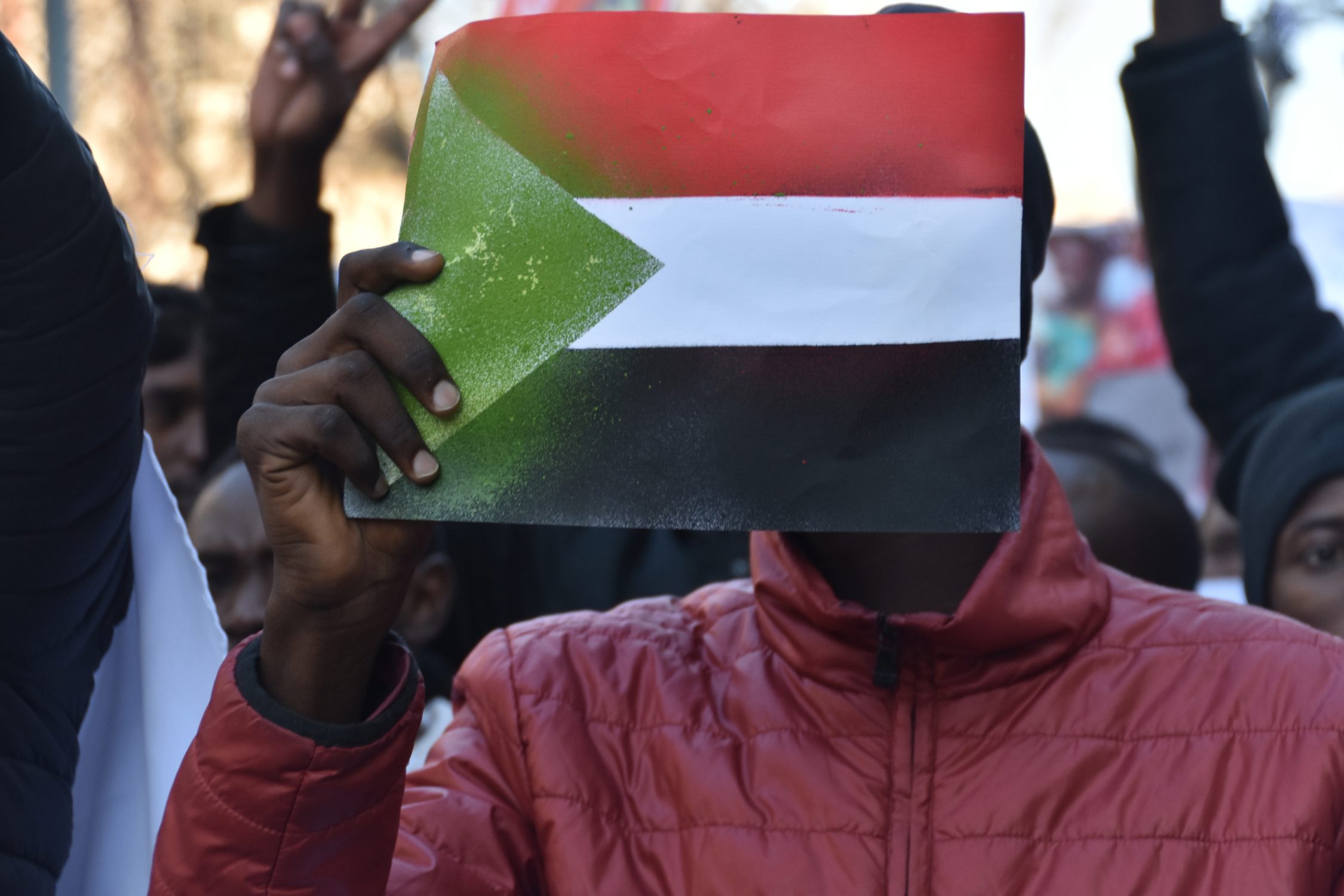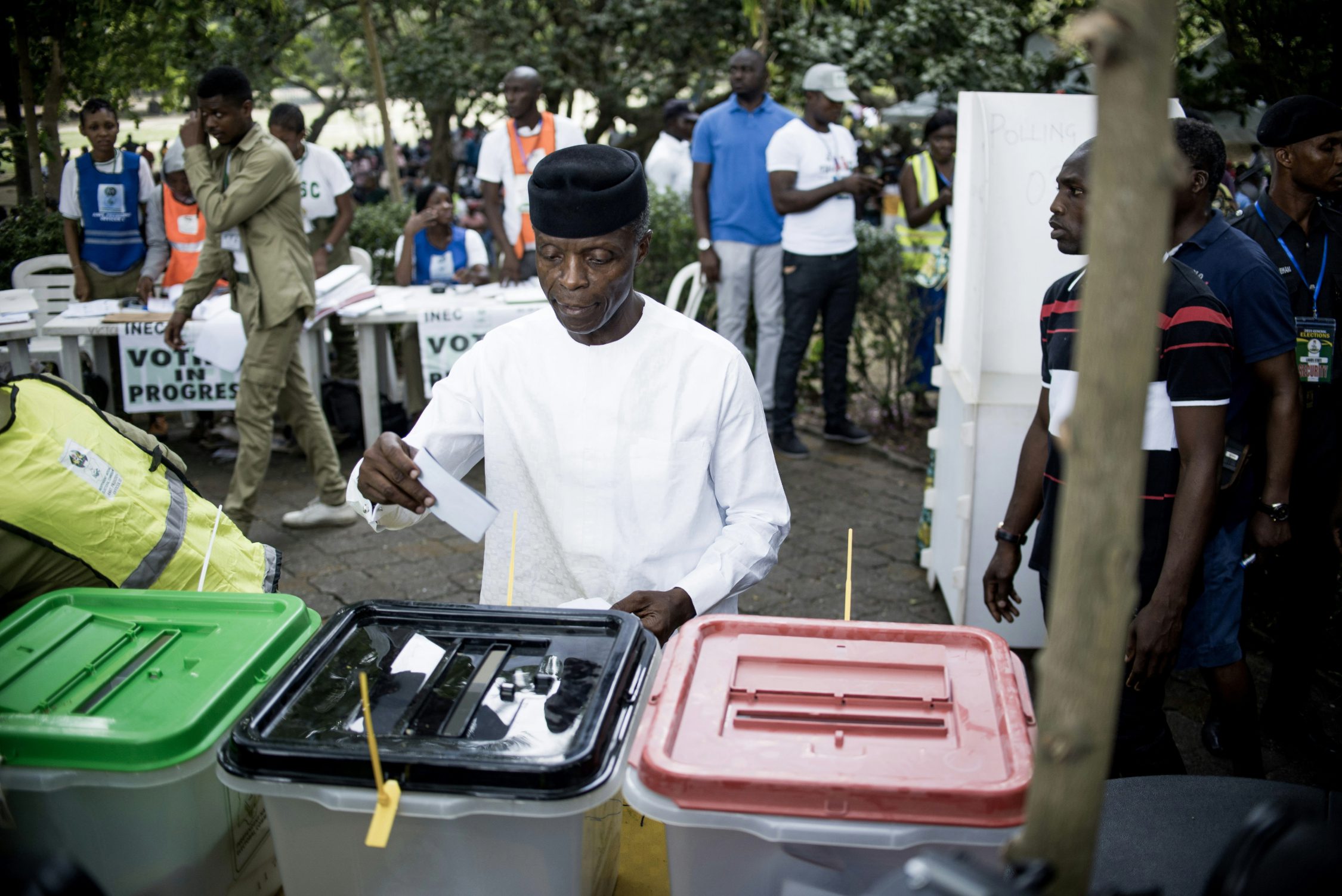A new journal article by Ann Fitz Gerald is now available through International Peacekeeping. The essay, ‘Towards a common doctrine for African Standby Force-led peace operations’ was partially developed for the WPF report, ‘African Politics, African Peace.’
Abstract:
This article considers the military doctrine currently available to the African Standby Force (ASF) for peace operations (PO) on the African continent. In the absence of an updated and relevant doctrine for PO, risks are posed to the harmonization and coordination of multinational missions, as well as to the successful achievement of mission objectives. Despite laudable efforts by both the United Nations (UN) and bilateral donor nations to support the preparatory and continuation training of ASF troops, differences in the national and multinational experiences of this work and the differences in the legal basis of this doctrine do not provide an optimal ‘stop gap’ measure. The pressing new requirement for African peace missions to deter terrorist and insurgent anti-peace factions exposes the limitations of UN doctrine, which preserves traditional peacekeeping principles of consent, impartiality and minimum use of force. UN peace enforcement mandates, and guidance derived from NATO’s non-African experiences do not provide adequate guidance for ASF troops preparing to enter these operating environments. A cursory study of the impact of the absence of common doctrine supporting the multinational African Union Mission in Somalia (AMISOM) indicates that different doctrinal approaches impact negatively on AMISOM’s ability to achieve its objectives.
From the conclusion:
Based on the AU’s doctrinal experience to date, emerging conflict and crises trends on the African continent and the agreed strategic direction with regards to cooperative approaches to African PO, there is a need for a common doctrine supporting the ASF’s contribution to future African PO. A straightforward adoption of UN peacekeeping, UN peace enforcement and NATO stabilization principles and doctrine is not appropriate to prepare ASF components adequately for the continental threats they face. The current ‘dual-track’ training informed by both ‘borrowed doctrine’ and UN RCE curriculum cannot, on its own, support this effort.
A cursory look at the impact that this issue has on the AMISOM mission suggests that the lack of a common multinational doctrine results in different use of language and interpretation of terminology, different approaches to decision-making according to different timeframes, different procedures being followed for ground-based operations, and different defensive postures taken towards deterring the same enemy. The culmination of these issues results in enemy mobility being enabled, enemy relations with local populations being sustained, and an increased incidence of attacks on AMISOM forces. Combined with ongoing mistrust across TCCs and a mandate which does not lend to the development of governance capacity for AMISOM-liberated areas, the Mission’s overall efforts continue to be challenged at best, and undermined at worst.
While RECs/REMs are beginning to take forward efforts to both revise and develop PSO doctrine, these regional efforts must support an overall ASF ‘strategic concept’ for PO, particularly as most future ASF deployments are more likely to be in the form of ‘coalitions of the willing’. This proposed ‘strategic concept’ – and general philosophy – should articulate the emerging trends and nature of conflict on the continent, and use this analysis to revise the current scenarios which serve as the basis for ASF intervention. The concept should also inform the development of a common ASF doctrine for PO, serve as a basis for amendments and updates to national doctrine and be reflected in regular regional and continental training programmes and joint exercises. Research on the impact of the lack of common doctrine on other types of UN and AU-led missions on the continent would provide further data in this area and inform the nature of different regional conflicts and crises facing the different ASF brigades.
The resources required to develop these doctrinal processes at the national, regional and continental levels should not be underestimated. As most African countries lack the dedicated resources, processes and culture to support doctrine development, donor countries and embedded advisers facilitating these processes should ensure that national and regional doctrine is grounded in the realities of the continent’s resource, geographical and political limitations.
Even with these efforts, it is unlikely that TCCs will, in the short to medium term, depart from their national ways. However, through the support of Western defence engagement programmes and the encouragement of the AU’s PSC to its Member States, initial institutional capacity-building to produce doctrine at both the regional and national levels could be supported. The development of a strategic concept for the AU’s contribution to African PO is essential to this. Such a concept could provide the basis for AU collective and regional security interests and more clearly articulated PO mission objectives that flow from these common interests. In addition to regular regional and continental exercises and training programmes, these efforts could support ongoing relationship-building, the breakdown of mistrust across African TCCs, and shared knowledge and experience.
The full essay is available here.


